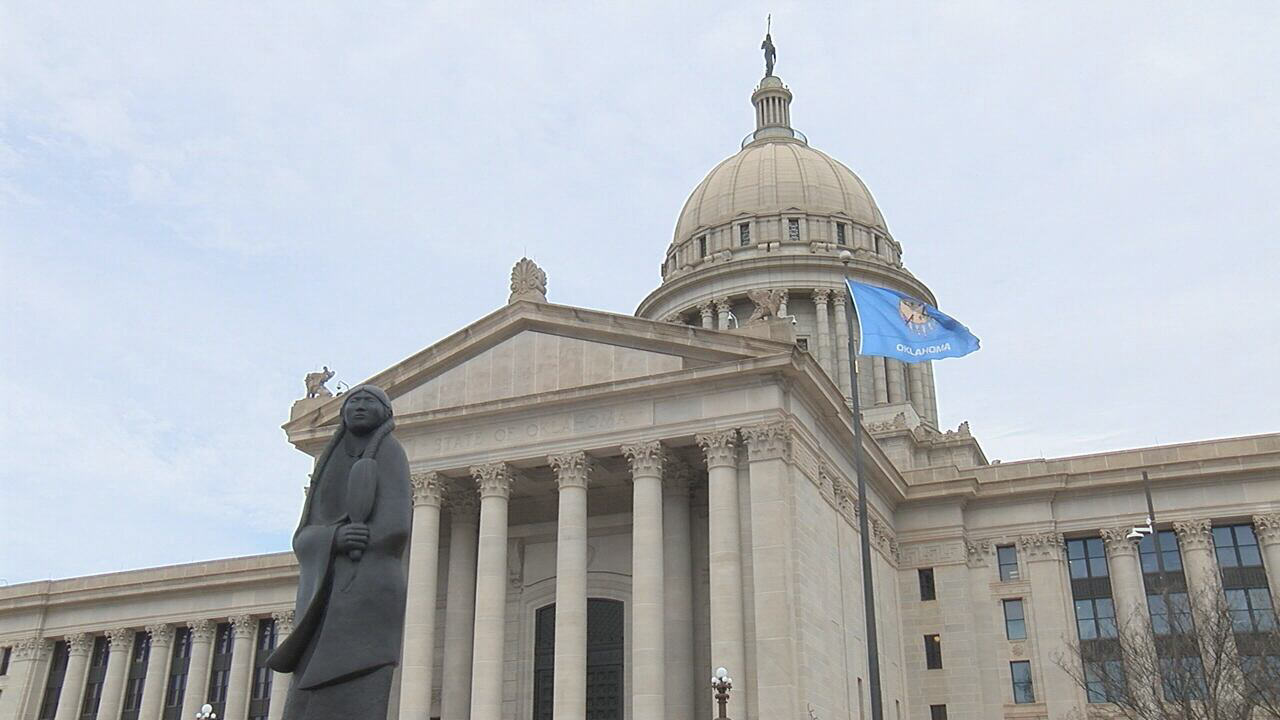Michelle Obama Sparks Debate: Did Trump Voters Prioritise Their Husbands' Views Over Their Health?
2025-05-31

New York Post
Former First Lady Michelle Obama has ignited a firestorm of controversy with recent remarks suggesting some women who voted for Donald Trump may have been influenced by their husbands' political views, potentially overlooking concerns about women's health. This has prompted widespread discussion and criticism across the political spectrum.
Obama's comments, delivered during a podcast interview, touched upon the complexities of political choices and the powerful influence of family dynamics. She posited that some women might have cast their ballots based on their partners' preferences, even if it meant compromising their own values or concerns regarding healthcare access and reproductive rights. “For women, in particular, it’s a hard decision,” she stated. “Because you’re thinking about your children, you’re thinking about your husband, you’re thinking about your family…and that’s a lot to carry.”
The remarks quickly drew criticism from Republicans, who accused Obama of patronising women and dismissing their independent political agency. Critics argued that her comments implied women are easily swayed and lack the ability to make their own decisions. Some pointed out the diversity of opinions within the Republican party and suggested that many women supported Trump for a variety of reasons beyond spousal influence.
However, supporters of Obama defended her comments, arguing that she was simply highlighting the societal pressures and expectations that women often face when making political choices. They pointed to research suggesting that women are more likely than men to be influenced by their partners' political views, particularly in areas related to family and social issues. Furthermore, they argued that her concern about women’s health was entirely legitimate, given the Trump administration's policies on reproductive rights and healthcare.
The controversy underscores the ongoing debate about the role of women in politics and the factors that influence their voting decisions. It also highlights the sensitivity surrounding discussions of gender and political affiliation. Analysts suggest that Obama’s words, regardless of their intent, have tapped into a deep-seated anxiety about the erosion of women’s rights and the importance of safeguarding their health and wellbeing.
The fallout from Obama’s comments is likely to continue as the nation heads towards the upcoming election. It serves as a reminder of the power of words and the potential for even seemingly innocuous remarks to spark intense political debate. Whether the controversy will have a tangible impact on voter behaviour remains to be seen, but it has undoubtedly added another layer of complexity to the already charged political landscape. The discussion also raises important questions about the extent to which external factors, including family and societal expectations, shape individual political choices, particularly for women.
Ultimately, the debate surrounding Michelle Obama's comments reflects a broader conversation about the intersection of gender, politics, and personal values in contemporary Australian society. It's a conversation that's likely to continue long after the headlines fade.






